Our requirement is that we have an application hosted in AWS using
nfs-utils to mount a EFS for use ? My question is how can this be done
in Azure.
Amazon Elastic File System (Amazon EFS) provides simple, scalable file storage for use with Amazon EC2 instances in the AWS Cloud.
If you want do the same thing in Azure, I think you are talking about Azure storage blob(new disk).
In Azure, we can via Azure portal to add a new disk to Azure VM as a data disk, works like add a physical data disk to a host. Then we can use fdisk to create the file system on the new partition.
We can follow this article to attach a new disk to Azure VM via Azure portal.

After that completed, we can follow this article to initialize a new data disk in Linux.

I know they have Azure files which works in quite similar way to EFS
but as per azure documentation it is done only through cifs-util.
You are right, Azure files share works like EFS, but Azure files share use Server Message Block (SMB) protocol(also known as Common Internet File System, or CIFS).
The maximum size of an Azure file share is 5 Tib, there is a quota of 20,000 open handles on a single file, and the max IOPS per share is 1000 IOPS.
We can create data disk from Azure storage blob, the maxium size of data disk is 4 Tib(we can create multiple data disks to that VM), and OS disk is 2 Tib.
AWS EFS suppoer Network file system versions 4.0 and 4.1(NFSv4) protocal.
Here a article about performance about Azure file share and Azure storage blob.

